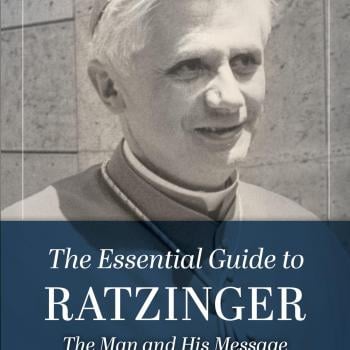The church, like the world, seems to have bought into the philosophy that marriage has no deeper theological purpose than making the couple happy and fulfilled. To think beyond that point—theologically or otherwise—renders many modern evangelicals mute on marriage other than, of course, an adherence to "secular" reasoning. The result of such teaching is that many church members behave in like manner as Spears/Alexander and Kardashian/Humphries. In this light, exactly what difference does marriage make? Why bother?
A defense of marriage on its demonstrable value to civilization might be a viable strategy for public engagement, but ultimately it stands on weak and arbitrary foundations if not grounded on ideas above sociological and psychological constructs. Marriage, naturalistically defined, is a merely human invention. As Ash rightly points out, the search for an ethical foundation for marriage is doomed for all who would seek to locate the creation and purpose of marriage "only in human beings."
It was none other than Michel Foucoult who, in his famous three-volume work The History of Sexuality, insisted that sexual identity is a work in progress—always changing and never given to one dominant view. Philosopher W.A. Meeks states in his defining work, The Origins of Christian Morality, that "the process of inventing Christian and human morality will continue."
To the contrary, marriage is created by God for a certain end.
While the all-important work of public policy should continue to fortify the legal definitions and standing of marriage, local congregations should also be working to strengthen their own understanding of biblical marriage. Perhaps then, familial stability and parental duty will be founded on a biblical ethic that will transcend political pressure and outlast ballot initiatives.





